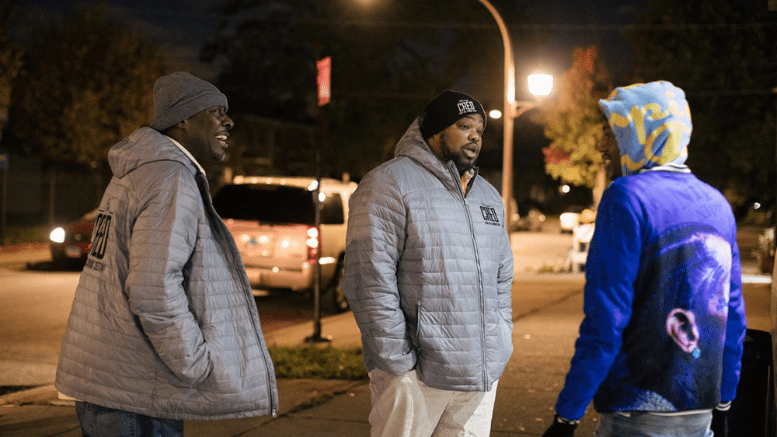After more than 800 homicides in 2020, gun violence levels in Chicago remain elevated. As part of the American Sociological Association’s (ASA) annual conference, Professor Andrew Papachristos appeared on a panel with distinguished sociologists, violence interrupters, and public officials to examine the roots of violence in Chicago communities.
“Chicago is a city where gun violence is concentrated in a small number of neighborhoods that have been surveilled, locked up, and otherwise left out of economic, political, and social and education investments,” said Papachristos. He oversees Northwestern’s Neighborhood and Network Initiative or N3, which aims to encourage communities, civic partners, and policymakers to address core problems facing the residents of Chicago.
N3 partners with street outreach programs like Chicago CRED, which offers wraparound services like job training, education, counseling, and trauma support. Papachristos has long called for treating gun violence like a public health emergency, so the panelists discussed why both organizations rely heavily on data to better conduct their outreach.
Approaching gun violence from an epidemiological perspective allows researchers and organizations to use data to make decisions about how to bolster and refine their services. As a result, these informed decisions allow the organizations to maximize their impact by offering programming that has the best chance of reducing gun violence.
For instance, a recent N3 report on CRED underscored the importance of street outreach workers to stemming gun violence.
“Eighty percent of the time, street outreach workers are first ones on the ground when there’s an incident,” Papachristos said. “They don’t go home to different neighborhoods; they go home right around the block. They’re working the city’s toughest beat.”
The panelists also discussed ideas for addressing the systemic roots of the gun violence problem beyond a simple reliance on policing. They said coordinating other city services could help, and one panelist suggested that city departments should come together the same way they have done during the COVID-19 crisis.
Papachristos said there is no magic formula for solving the issue of gun violence, and progams will continue to grow and mobilize over time.
Read more about the panel here at Northwestern’s Institute for Policy Research.

